










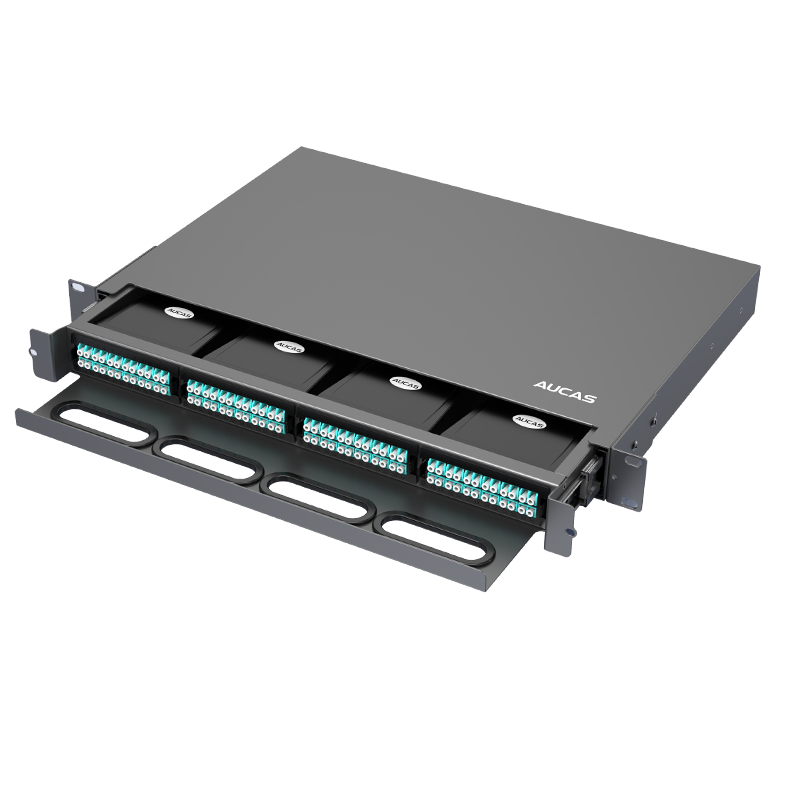


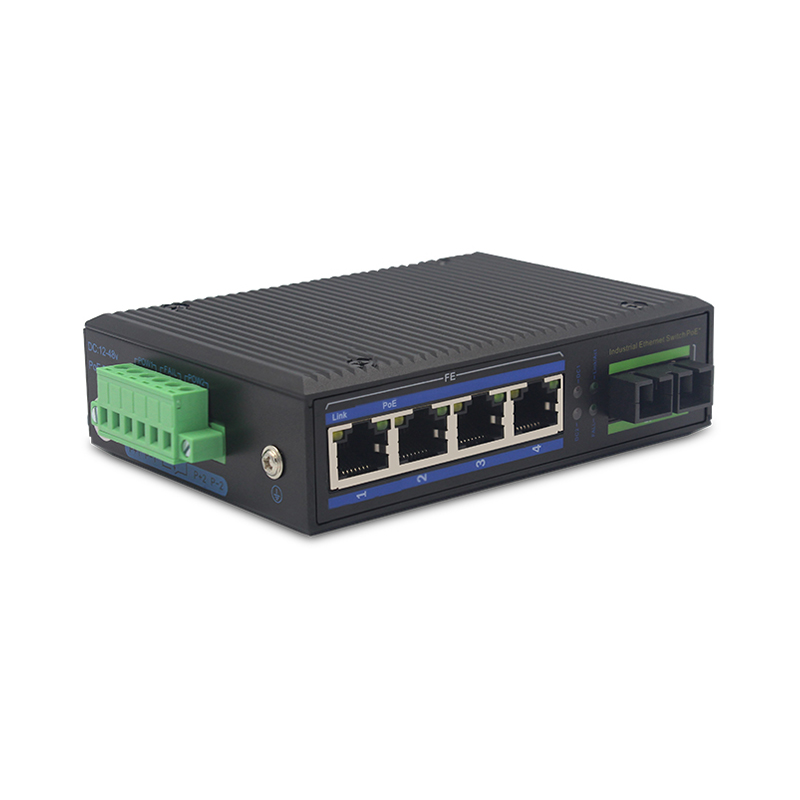
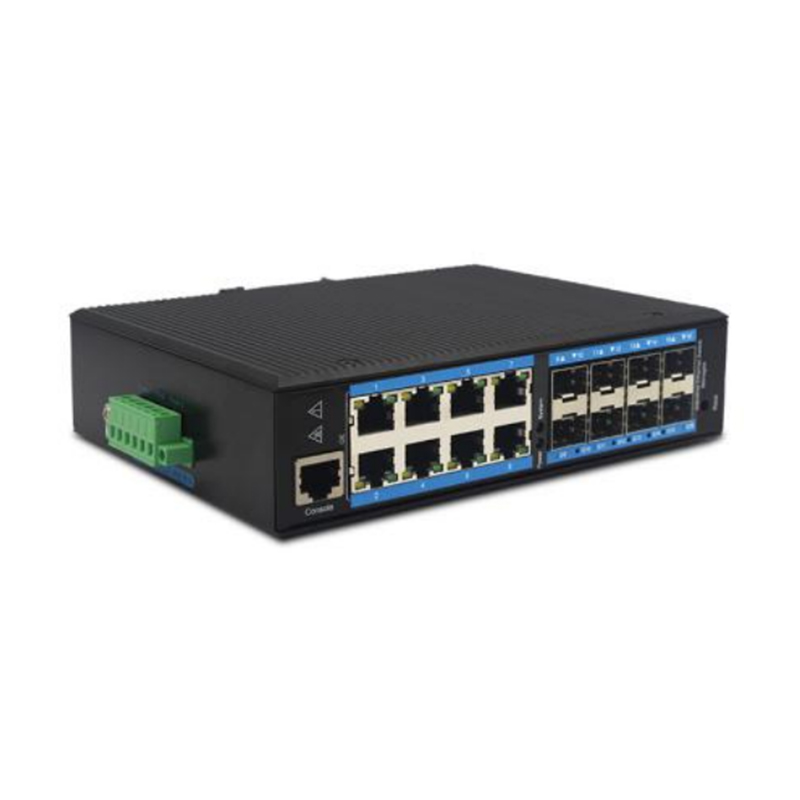
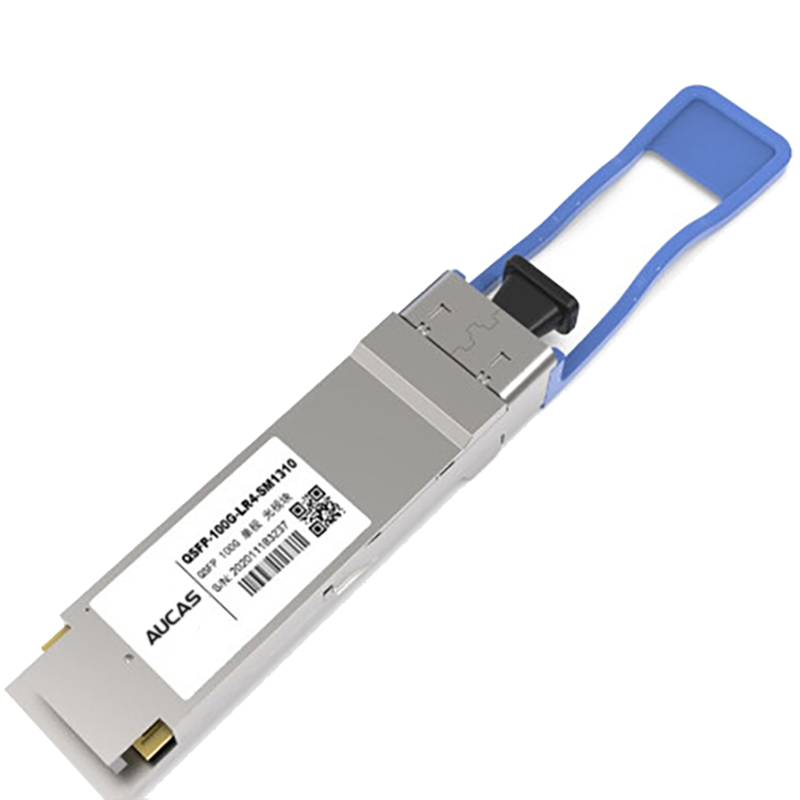




























































































Announcer: Guangdong Aucas Network Technology Co Ltd /  2021-07-14 /
2021-07-14 /  924 /
924 /

Network speed and latency errors directly affect the speed and accuracy of artificial intelligence and big data processing, and the voice of the future 6G standard is obviously crucial. South Korea wants to come from behind, so it has adopted a strategy of joining forces.
After becoming the first country in the world to announce 5G commercialization, South Korea will take the lead in 6G commercialization
Recently, South Korea announced its development goals for the 6G field: it plans to launch a 6G pilot in 2026 and officially realize 6G business in 2028.
It is worth mentioning that this timetable is obviously two years faster than the previous plan of the United States and Japan to achieve 6G commercialization in 2030. Therefore, the South Korean government will invest 220 billion won (about 1.24 billion yuan) in 6G basic technology research and development between 2021 and 2025.
On April 3, 2019, South Korea was the first to announce the global launch of 5G commerce. Subsequently, major countries such as China, the United States, and the United Kingdom also followed suit, and the global 5G commercial era was fully opened. Looking at the world, in today's 5G technology has not yet been fully popularized, why does South Korea want to compete for the world's first 6G?
Lim Hye-sook, South Korea's Minister of Science, Technology and Information and Communication, said that after the commercialization of 5G, countries around the world have turned to the research and development and standardization of 6G. This time, South Korea has further proposed a specific plan and budget for 6G development.
Huang Fei, director of the University of Seoul Graduate School of Science, told the First Financial reporter that the reason why South Korea is considering 5G is not fully popularized is because the era of artificial intelligence big data has arrived, and all parties are pursuing a faster and smaller error delay.
Huang Fei also pointed out that the 6G research and development strategy released by South Korea can be described as a combination.
In order to secure the next generation of core original technologies, Korea will invest 200 billion won in six key areas, including low-orbit communication satellites and ultra-precision network technology, and promote joint research and cooperation projects with the U.S., China and Finland.
5G is not hot enough
According to the South Korean Ministry of Science, Technology and Information and Communication, since the launch of 5G business services, the number of 5G users in South Korea has been increasing, reaching nearly 16 million at the end of May, and the proportion of mobile communication users in South Korea has further risen to 22%. South Korea currently has 71.45 million mobile subscribers.
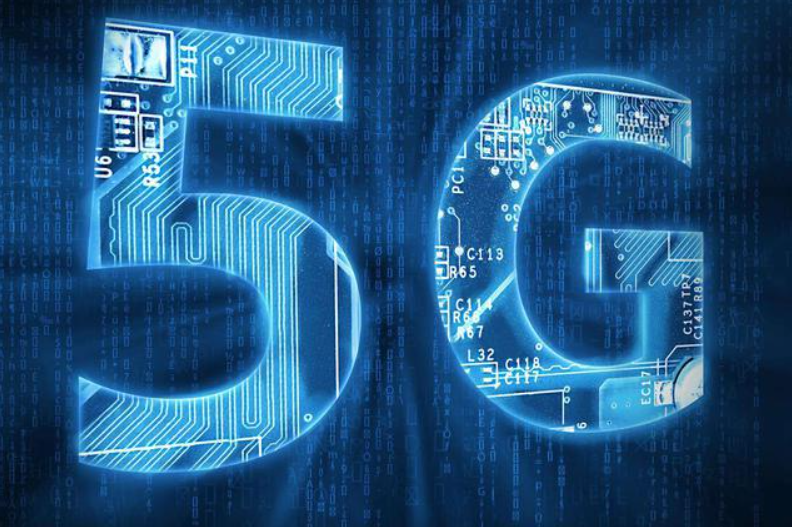
Huang Fei believes that after two years of use in South Korea, the adoption rate of 5G is just over one-fifth, which is not ahead compared with China. Although China's 5G commercialization is later than that of South Korea, by April 2021, the scale of 5G users of China's three major operators has exceeded 400 million, and the 5G penetration rate has reached about 26%, which indicates that China is already behind in proportion.
At present, among the three major telecom operations in South Korea, SK Telecom has the most 5G users, 7.39 million; KT and LGU+ have 4.8 million and 3.6 million 5G users, respectively. In terms of download speed, the current speed of 5G in South Korea is 656.6 mpa, which is three times that of 4G(158.5 mpa). Among them, SK has the fastest download speed of 788.97 mpa, followed by KT at 652.1 mpa, and LGU+ has the slowest download speed of 528.6 mpa.
On June 24, the latest report released by IHSMarkit's RootMetrics showed that while countries around the world are working to improve their 5G network performance, South Korea is still ahead of the game. In these races, Seoul's 5G availability peaked at 95.2 percent, well ahead of New York (74.1 percent), London (43.7 percent) and Zurich (45.6 percent).
However, for more than two years, South Korea's 5G commercialization has also been stuttering. According to Korean media reports, recently, due to the quality of the 5G network provided, about 520 South Korean users filed a class action lawsuit, taking South Korea's three major telecom operators to court. The reason is that the three major telecom operators have provided incomplete 5G services, resulting in low 5G network quality.
In the 5G download process, the Ministry of Science, Technology and Communication evaluated Seoul and six other major cities and found that users would need to spend about 6 percent of their time on average to download 4G. In addition, 5G network coverage is limited in an indoor closed environment.
Judging from the popularization speed of 5G, it can be said that South Korean consumers are still relatively positive when trying new things. Although at the beginning, due to the lag of 5G base station laying, many users can not connect to 5G in some areas, and can not enjoy the fun of 5G network surfing. Huang Fei said: However, with the update and improvement of infrastructure such as base stations and mobile terminals, the 5G experience in South Korea has changed greatly.
Hwang says South Korean consumers are sensitive to false or exaggerated claims. As the first country to eat the crab, from formulating 5G packages to realizing value-added services, South Korea's 5G commercialization process can still provide some good references for other countries.
6G is not far away
How much faster is 6G than 5G?
In July, South Korean tech company Samsung released a white paper titled "6G Next Generation Hyperlink Experience." The book covers all aspects related to 6G, including technology and social megatends, new services, needs, candidate technologies, and the expected standard timeline, summarizing Samsung's view of 6G.
Samsung has defined three requirements that must be met to implement 6G services: performance, system architecture and reliability requirements. In terms of performance, examples of 6G performance requirements are peak data rates of 1000 GBPS and over-the-air latency of less than 100 microseconds, which is 50 times the peak data rate of 5G and one-tenth the latency of 5G.
Huang Fei believes that 6G, which is still in the initial stage of research, will be much faster than 5G, perhaps there is no conclusion, but if the network delay can be one-tenth of 5G, this speed can support the development of many future industries, so that many data transmission and processing can be realized immediately, such as real-time traffic signal management, route navigation, unmanned driving, urban intelligent management, and so on. Medical intelligent appointment, artificial intelligence diagnosis and so on.
In August 2020, South Korea released the "Leading 6G Era Future mobile Communications R&D Strategy", focusing on the layout of 6G international standards, strengthening the construction of the industrial ecosystem, aiming to ensure that South Korea becomes the world's first 6G commercial country after 5G, and identify five pilot areas: digital health care, immersive content, autonomous vehicles, smart cities and smart factories.
From the current situation, network speed and delay errors directly affect the speed and accuracy of artificial intelligence and big data processing. Today, countries have conducted driverless research one after another, and the voice of 6G standards is obviously very important.
In the start of 6G research and development, South Korea can be said to be half slow, after China, Finland and other countries, but in the development of international standards, South Korea is obviously unwilling to passively accept. It is expected that there will be more discussions on standard development in the coming years as 6G international cooperation becomes fully operational. From now on, it can be said that the South Korean government and companies are relatively forward-looking.
Data processing power is the main engine of the future economy. 6G is believed to have the same huge impact on human life as 5G.
Huang Fei believes that South Korea's population is mainly concentrated in large cities, which is conducive to the layout of base stations, and Samsung's accumulated technological advantages are key factors to ensure that South Korea is in the leading position in the 5G commercial field, which is also conducive to the development of South Korea in the 6G commercial field.
SunghyunChoi, senior vice president and head of the Advanced Communications Research Center at Samsung Research Institute, has said that 5G commercialization is still in its infancy, and it is never too early to prepare for 6G, as it usually takes about 10 years from the start of research to the commercialization of a new generation of communications technology.
In order to grasp the commanding heights of 6G technology, countries around the world are competing to layout.
In November 2019, China's Ministry of Science and Technology, the National Development and Reform Commission, the Ministry of Education, the Ministry of Industry and Information Technology, the Chinese Academy of Sciences, and the Natural Science Foundation Committee held a 6G technology development kickoff meeting in Beijing to establish a national 6G technology development promotion working group and the overall expert group, and China's 6G development was officially launched.
On May 12, Liu Liehong, member of the Party Group and Vice minister of the Ministry of Industry and Information Technology of China, presided over a 5G/6G special meeting, requiring in-depth research on 6G application scenarios; At the same time, we will strive to promote innovation and breakthroughs in key technologies, focusing on 6G potential technologies such as terahertz communication, communication perception integration, and communication and artificial intelligence integration, and strive to make major breakthroughs in key core technology fields.
The United States has launched the "Resilient and Intelligent Next Generation (NextG) wireless broadband Network" research program; Finland Nokia and Sweden's Ericsson led the Hexa-X Alliance, funded by the European Union's research Framework program Horizon 2020 Research and Innovation program; The University of Oulu in Finland, together with experts from the industry and many universities, established the "6G Flagship" organization, which is committed to the preliminary research of 6G communication technology; Japan has developed a roadmap for B5G development and invested $4.5 billion in B5G/6G technology research and development in cooperation with the United States.
It is believed that in the near future, the use of 5G will be fully rolled out, and there will be higher data flow requirements for various devices for information exchange, which may lead to a surge in demand for network equipment in the future.
Regarding network equipment, Aucass Technology has a line continuation (from network cable to optical cable to data center), and has established a one-stop marketing and after-sales service operation system in China. Aucas has passed ISO9001(2008) quality management system certification. Developed more than 6 kinds of systems of UTPCat.6A shielded cabling system to meet the needs of big data centers, and passed the quality inspection certification of a number of inspection agencies, in the United States, Europe, Malaysia, Switzerland, Germany, the Middle East, South Africa and other countries set up their own brand liaison offices and sales offices, in more than 30 countries and regions to provide OEM services. Provide global products and services.
Aucas Technology is a high-tech enterprise integrating the independent development, design, production and sales of copper cable wiring, optical cable wiring, intelligent electronic wiring frame solution, data center MTP/MPO high-density solution, data center cold channel solution, eight kinds of copper cable solutions, security cable and intelligent management wiring system platform. The company is oriented to the pursuit of user needs, and provides customers with attractive products of Aucas. Aucas cabling provide four colors convenient!